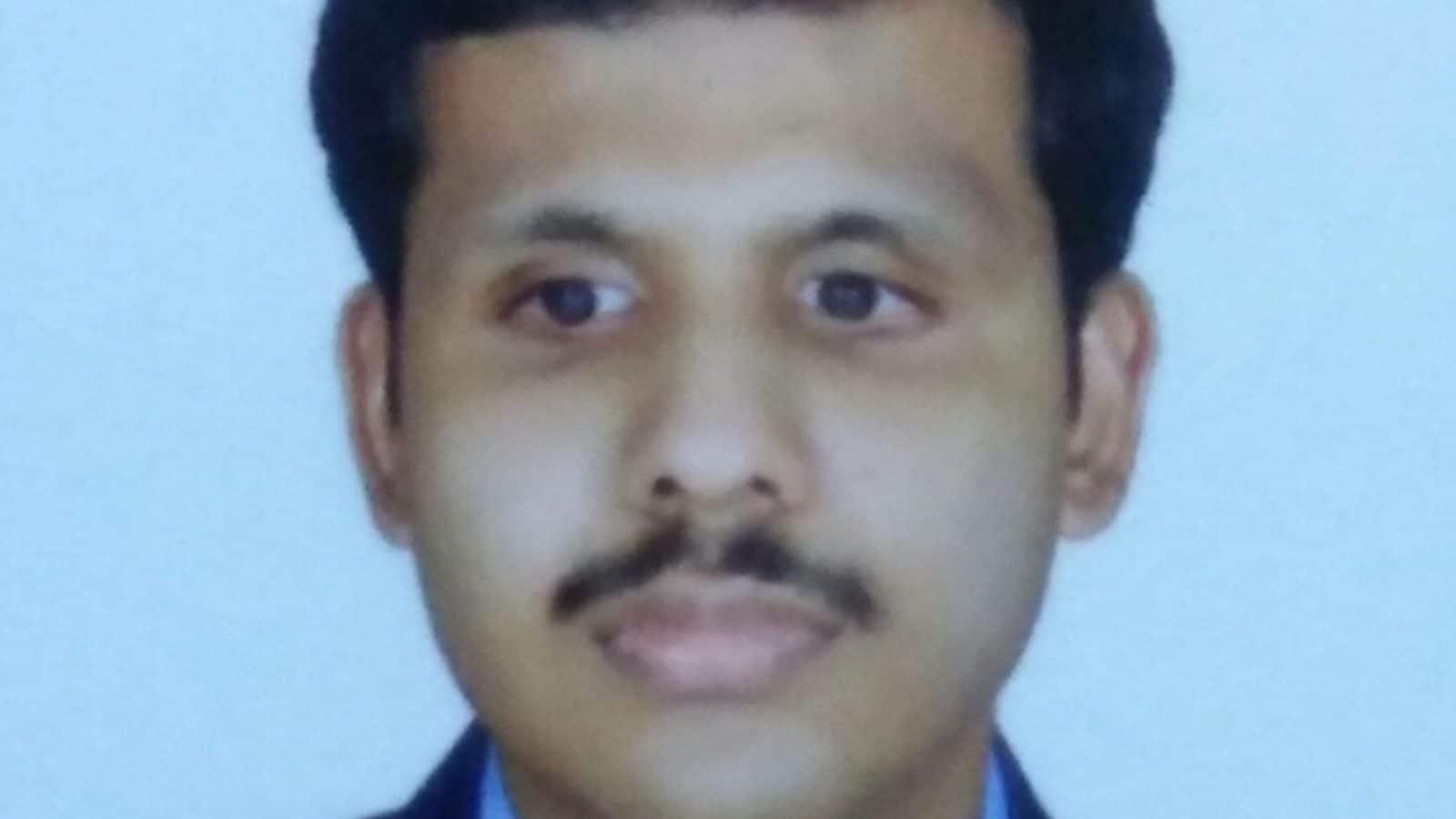Gokul S, a 23-year-old from Thirumala, Thiruvananthapuram has cracked UPSC civil services exam despite having a low vision. Gokul got an all India Rank (AIR) 804 and a category rank 3. However, he is not satisfied with his score and has applied to reappear for the next attempt of the UPSC CSE.
Gokul is an English literature scholar from the Institute of English, Karyavattom and appeared for the UPSC civil services exam in 2019 for the first time. Now, he is aiming at better all All India Rank.
Gokul is yet to join an office. After getting a better rank, he aims to become an IAS officer. His dream of becoming an IAS started back in college. “I was in college when I witnessed IAS officers handle the aftermath of the floods that struck Kerala in 2018. How young IAS officers volunteered to carry relief material in Wayanad when they were faced with manpower shortage and how a woman IAS officer worked 24×7 with a team of young interns and volunteered to provide flood relief. Qualifications aside, it is the scope to be of service to the country that motivated me to aspire for civil services and become an IAS officer.”
“I took up the Civil Services Examinations for the first time in 2019 and secured an All India Rank of 804. In the subsequent year, 2020, I had taken up the exams again to improve my score and to secure a better position. I have given my best in my second attempt and eagerly waiting for the results,” said Gokul.
In his second attempt, he said that he realized that the importance of choosing the right material for studying. “I referred to a combination of books, newspapers, and online learning helped me to a great extent. I also used BYJU’S IAS app extensively for my preparation,” Gokul told News18. Gokul is yet to join a post. “For the second attempt, my preparation methods were more enhanced after a thorough analysis of my performance in 2019. I understood the areas I could improve and created a suitable learning plan,” he added.
Following a dedicated timetable, having learning goals, and studying from the correct materials are the three areas one must focus on, said Gokul. “Cracking UPSC is all about diligently following a schedule every day. Of course, we all need our breaks and it is important to not have burnout, but I have to emphasise the importance of regular and meticulous preparation and strict adherence to the schedule,” he adds.
The syllabus is exhaustive and needs breaking down to measure how far one has have studied. “With the entire curriculum divided into modules, aspirants will find it easier to set a ‘study goal’ for the day and ensure they complete it,” adds Gokul.
The core principle is to have a strong understanding of concepts. “Once we crack the concepts before the prelims, the rest of the preparation process will be easy. Aspirants may sometimes find current affairs tough, but most of the time, the difficulties arise because they may not have mastered the concepts,” adds Gokul.
Preilms vs mains preparation
“Right from the competencies tested to the pattern, preliminary and main exams are drastically different. They require appropriate preparation methods. As far as prelims are concerned, solving model questions is the key. We need to practice on as many question papers and take up several mock tests as part of the preparation,” explains Gokul.
While preparing for main exams is equally rigorous, we need to focus more on elaborate writing. Mock tests are very important. For mains, take no longer than 30 seconds for the initial framework and then begin to write, he says. “We need to form our thoughts as we go along. To achieve this level of proficiency, we need to practice writing essays from the beginning. Another important requirement is to concentrate on optional papers. A good performance in our optional papers enhances our overall scores.”
Cracking the interview
The questions were diverse covering academics his areas of interest, and some practical aspects as well, says Gokul. “I was asked to imagine that I was a part of the monetary policy committee and had to speak at length about my view on increasing or decreasing the repo rate. Some of my questions were from English Literature as well as from climate change,” he says.
After the results were declared, “people began to look up to me and several aspirants called me to get their doubts clarified, which has been a gratifying experience.” he shares.
Read all the Latest News, Breaking News and Coronavirus News here
Source link




